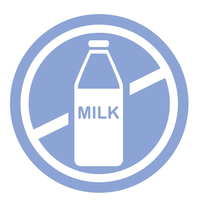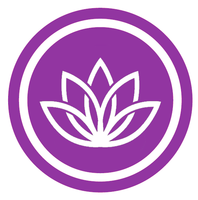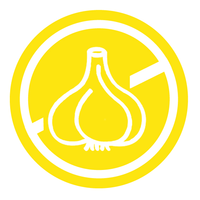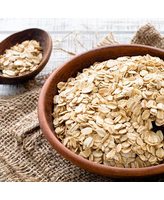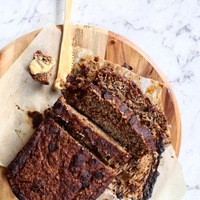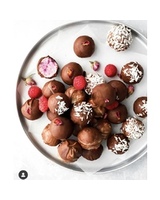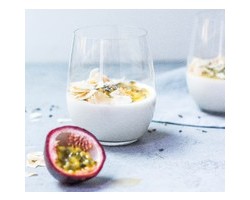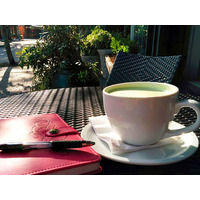Supporting Your Nervous System with Herbal Teas
Author: Leanne Marshall Date Posted:15 July 2022
Herbal teas can play a useful and effective role in supporting the nervous system – especially during times of great change or stress. Choosing high quality, organic dried herbs is important as they provide the maximum amount of therapeutic constituents in your tea. Some tips for choosing herbal tea include are mentioned below.
Quality Is Important
Please select the best quality you can find. Preferably Australian sourced when possible. We love Southern Light Herbs
Be Mindful of Interactions
If you are currently taking any prescription medications, it is best to check with your practitioner before adding any therapeutic herbal teas into your regime. Your practitioner will be able t chat with you about the possibility of interactions.
Herbs Have Multiple Actions
Most herbs have multiple effects within the body. We can use this to our advantage. For instance Lemon Verbena is a gently calming herb tea for the nervous system, which has a soothing effect on the digestion. So if stress is causing some digestive disturbance, such as abdominal cramping or reflux, this herb is very useful.
Herbs to Support Your Nervous System
- Passionflower – helps to regulate the nervous system, especially useful to correct changes to sleep cycles. It is a very safe herb, with few interactions. It assists the nervous system to be fully alert when it needs to be, such as concentrating at work, but then calming in the evenings, making getting to sleep easier.
- Melissa (Lemon Balm) – another gentle herb, calming rather than sedative.
- Scullcap – a slightly stronger action to reduce anxiety, but still not a sedative.
- Valerian – the herbal sedative. Take one cup, ie a heaped teaspoon per cup of hot water, an hour before bed.
- Chamomile – can be taken during the day or just at night as a gentle carminative. Chamomile is particularly suited to children, and can be given warm or cool. It can also be brewed in milk, with a little cinnamon and honey, before bedtime. I heaped teaspoon of Chamomile flowers per cup of milk (dairy, rice or nut milk) gently heated on the stove for 10 mins, then strained.
- Linden – useful in times of stress especially if it is elevating the blood pressure.
- St John’s Wort – for symptoms of low mood. This herb has many interactions, so shouldn’t be used without consultation with your practitioner.
Dosage Considerations
In general, the amount of dried herb used in each cup should be a flat teaspoon, taken twice per day. Build up to a heaped teaspoon over time. This is to ensure that if there are any unwanted side-effects, this can be kept to a minimum. For instance, in the case of Valerian, approximately 5% of the population are stimulated by the herb. Rather than helping the patient to become sedated and fall asleep, the patient feels mentally or physically stimulated, and cannot get to sleep. So start slowly, and monitor how the herbal tea is affecting the body.
Preparation Tips
Also, please use 85 degrees celcius hot water, not boiling water, when making herbal teas. If steaming hot water is poured over dried herbs, some of the therapeutic constituents, such as the anti-oxidants, are ruined.
Keep the tea covered while it’s brewing so as to preserve the volatile oils which might otherwise evaporate.
The highest quality dried herbs available are from Southern Light Herbs. They are a small company in country Victoria. They source the best organic herbs from local growers, or from overseas if they are not grown here. Planet Organic make organic herbal tea in tea bags too. You can shop our range of herbal teas here.



